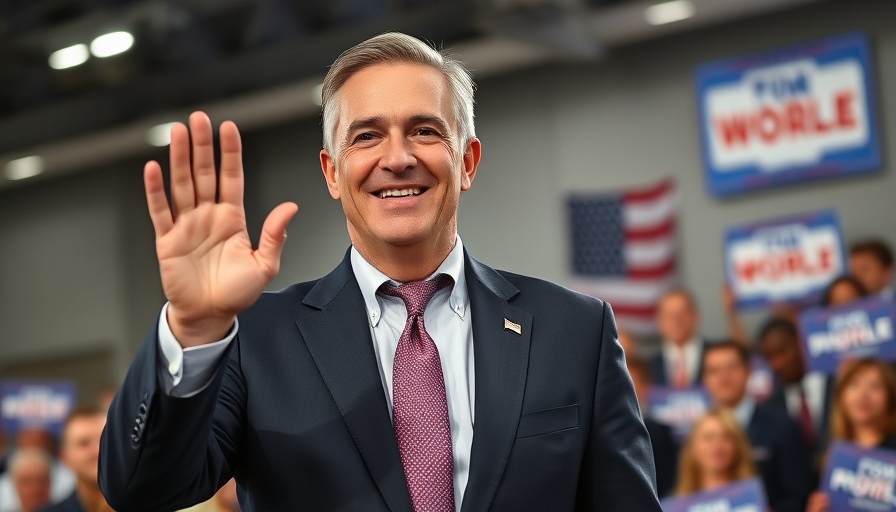
The Implications of Conflicts of Interest in Healthcare Leadership
In a notable move, Senator Elizabeth Warren has urged Dr. Mehmet Oz, the nominee for the Centers for Medicare & Medicaid Services (CMS), to divest from his holdings in pharmaceuticals and healthcare companies. This call to action highlights the potential complications of financial conflicts of interest in public health leadership, especially given that Oz is poised to manage a budget of over $1.5 trillion, affecting more than 140 million Americans reliant on Medicare and Medicaid.
Why Financial Transparency Matters in Healthcare
Warren's insistence on Oz's complete divestment from corporate interests stems from concerns about impartiality in decision-making. As the CMS nominee has affiliations with major healthcare entities like UnitedHealth Group and AbbVie, the perception of bias could undermine public trust. Financial transparency not only fosters accountability but also inspires confidence among consumers seeking equitable healthcare governance—a vital expectation, especially for those navigating chronic illnesses.
A Peek into Dr. Oz's Financial Ties
Dr. Oz's financial landscape reveals a complex intersection of celebrity, influence, and stakeholder interests. His role with companies like Eko Health and ShareCare raises questions about impartiality in regulatory decisions. For instance, ShareCare’s in-home supplement programs benefit millions of Medicare users, which could mean profit—and personal financial gain—for Oz if his recommendations regarding reimbursements are not carefully managed.
The Road Ahead: Possible Outcomes for Dr. Oz's Confirmation
As Dr. Oz prepares for his confirmation hearing, the stakes are high. A key part of Warren's argument is the necessity of a 'cooling-off period' for public officials to distance themselves from former corporate interests. This precedent has been set in previous administrations, reinforcing the idea that only by backing away from financial ties can leaders effectively advocate for policies that benefit the public over corporate interests.
The Broader Picture: Navigating the Intersection of Politics and Health
The scrutiny surrounding Dr. Oz's nomination is not merely a political maneuver but reflects a wider concern for ethical standards in healthcare. As various stakeholders—including policymakers, healthcare providers, and consumers—grapple with the future of healthcare initiatives, the expectation for integrity and transparency from leaders like Oz becomes essential. Consumers are right to demand leaders who prioritize public welfare over vested interests, particularly in an era where healthcare solutions are under constant evaluation and critique.
 Add Row
Add Row  Add
Add 




 Add Row
Add Row  Add
Add 



Write A Comment